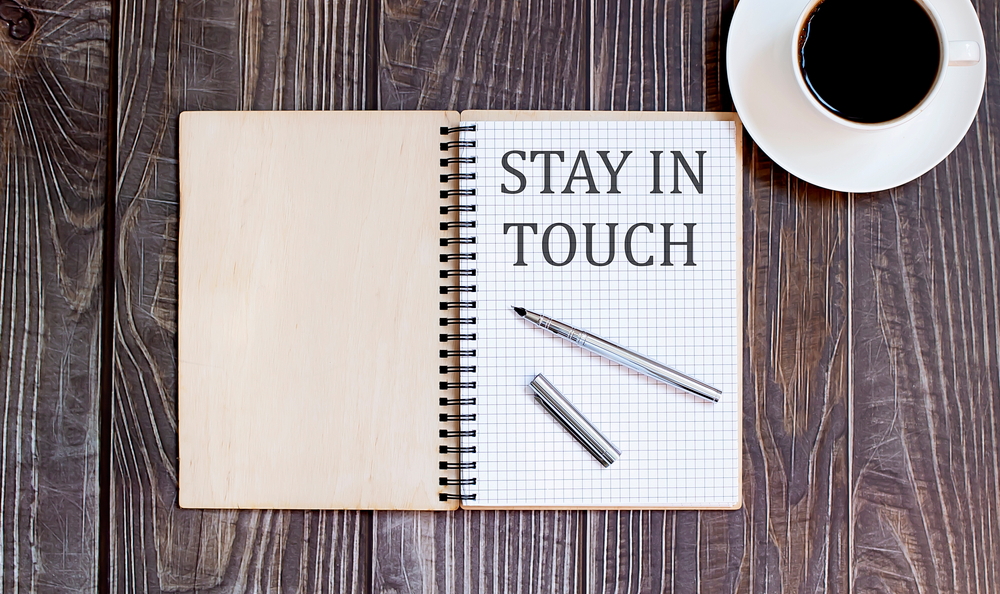Pandemic Pivot
"Something’s happening here
What it is, ain’t exactly clear"
- Buffalo Springfield, 1966, and just as true today
Consider these three stories:
- A 65th birthday falls days after the coronavirus lockdown starts. Birthday ruined? Not so much—we develop new rituals. Birthday dinner now includes a video screen with faraway kids, followed by cocktails shared with friends over Zoom, neither of which would happen on a “normal” birthday.
- A bar mitzvah is celebrated on Zoom. The rabbi is on screen from one home, the bar mitzvah on another, still others on their separate screens. Party? Nope. Bar mitzvah ruined? Not so much—we develop new rituals. The Torah scroll is carried to the bar mitzvah’s home. Stripped of the fluff and distraction of gifts and dance moves, we emphasize the timeless and core importance of this tradition. We celebrate under extraordinarily difficult circumstances, just as our ancestors have done for generations. We teach resilience and adaptation and the honesty of facing our difficulties and disappointments. And Grandma, whose health would have otherwise prevented her attendance, can now participate. Put a price on that.
- A large extended family holds its annual Passover seder, as it has for more than a century, this time with each family in a box on a screen. Seder ruined? Not so much—we develop new rituals. To be sure, the food for most participants is a poor imitation of the family classic matzah balls and brisket. But instead of the usual 60-70 people, more than 100 attend. The seder itself is ragtag and would horrify a purist; it lasts only perhaps 15-20 minutes. But, but, BUT: more than 100 people get to spend two hours together reconnecting and sharing stories about their past year.
For more than six weeks or so, we have heard extraordinary things from congregations and educators. Schools that plan to extend their school year to provide more connectivity to kids and families. Educators putting more content into their educational programs, recognizing that engagement is most meaningful when it goes hand-in-glove with meaningful learning from our tradition. And rabbis and educators who recognize the challenges of physical gatherings and are seeking ways to provide learning to whole families, and to actively engage parents in their children’s educational program.
I’ve been in this field since 1991, and the last time I heard of a school seeking to extend its year was, well, never. Adding class hours? It’s usually a struggle (usually unsuccessful) to hold back forces seeking to reduce school days and hours. Adding content? It’s usually an uphill battle to cover more of the learning that Judaism has developed and conveyed for centuries.
As with the bar mitzvah celebration described above, we are witnessing an unforeseen effect of the pandemic: We are being forced to strip away layers of fluff and distraction that over the years we have painted onto our core traditions in an effort to entertain our kids, to secularize and fit in, to provide the spoonful of sugar that would help the Judaic medicine go down.
And in its place we now ask several questions:
- What is important about the educational and ritual time we spend with our children and families?
- What do we want our learners to remember for the rest of their lives?
- Which of the things we do, and the ways we spend our time, are worthy of our tradition?
- What do we want to do more of, and what do we want to strip away and discard?
All of us wish, at some level, for the familiar to return. Some will wait, holding out as long as possible for that to happen. But there is a New Normal coming. And this New Normal isn’t all bad—just ask the birthday boy who celebrated his 65th with his children, or Grandma who got to attend her grandson’s bar mitzvah in the same way as everyone else, and everyone at the seder who is today more richly connected to every member of their family.
Don’t forget to subscribe to our newsletter and connect with us on social media!




